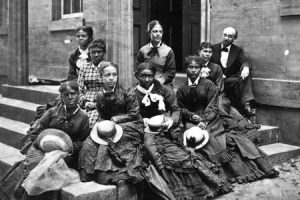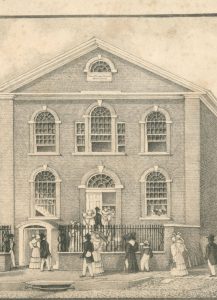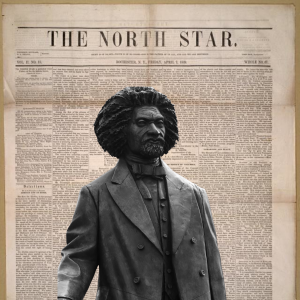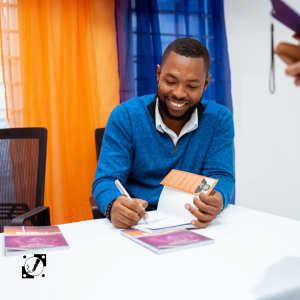Juneteenth: Honoring the Promise of Freedom
3 min read
On June 19, 1865, more than two years after the Emancipation Proclamation was signed, over 250,000 enslaved Black people in Texas finally received word that they were free.
Let that sink in.
For 900 days, the enslaved in Texas remained in bondage—working, suffering, hoping—unaware that the law had already changed. When Union General Gordon Granger arrived in Galveston with federal troops, he read aloud General Order No. 3, announcing the end of slavery and proclaiming absolute equality.
That day—June 19th, now known as Juneteenth—has since become the oldest nationally celebrated commemoration of the ending of slavery in the United States.
Why Juneteenth Still Matters
Juneteenth is not just a celebration of freedom. It’s a reminder that even freedom delayed is still freedom denied.
It’s a reminder that systemic injustice doesn’t vanish with legislation. It morphs. It hides. It persists.
Juneteenth teaches us that justice is not passive—it has to be pursued, protected, and defended. And that Black liberation, in all its forms, remains a living, breathing struggle.
Whether we’re fighting for voting rights, educational equity, bodily autonomy, or artistic expression, Juneteenth reminds us that our journey didn’t end in 1865. It continues today.
More Than Cookouts and Color Guards
Over the years, Juneteenth celebrations have evolved—from neighborhood barbecues and church gatherings to citywide festivals, parades, and performances. And while the red soda water, the soul food, and the sounds of music and laughter are beautiful traditions, we must also hold space for reflection.
Juneteenth is sacred. It is for the ancestors who never lived to see their freedom. It’s for the storytellers, the healers, the organizers, and the everyday folks who built lives from the ashes of slavery.
It is for those who know that freedom is not a finish line—it’s a foundation we must continue to build on.
Freedom Is Still Our Work
Let’s be honest: in 2025, there are still attempts to silence Black history. Books are banned. Critical conversations are labeled divisive. And movements that demand justice are targeted, surveilled, and vilified.
That’s why Juneteenth isn’t just about what happened in Galveston—it’s about what we do now.
We honor this holiday by:
- Teaching real history
- Supporting Black educators and institutions
- Protecting the right to read and write freely
- And continuing to fight for the full dignity and liberation of all Black people
Juneteenth is a call to keep going. Not just for celebration—but for transformation.
A Book to Read This Juneteenth
This concise, deeply personal book is a powerful blend of memoir and history from Pulitzer Prize–winning author and Harvard historian Annette Gordon-Reed. Raised in Texas, Gordon-Reed brings the weight of her lived experience to the story of Juneteenth, contextualizing the holiday within the broader struggle for Black freedom and American identity.
It’s not just informative—it’s intimate, reflective, and essential reading for anyone looking to understand why Juneteenth still matters.
“Freedom is not a single act or event—it is a process.” – Annette Gordon-Reed








